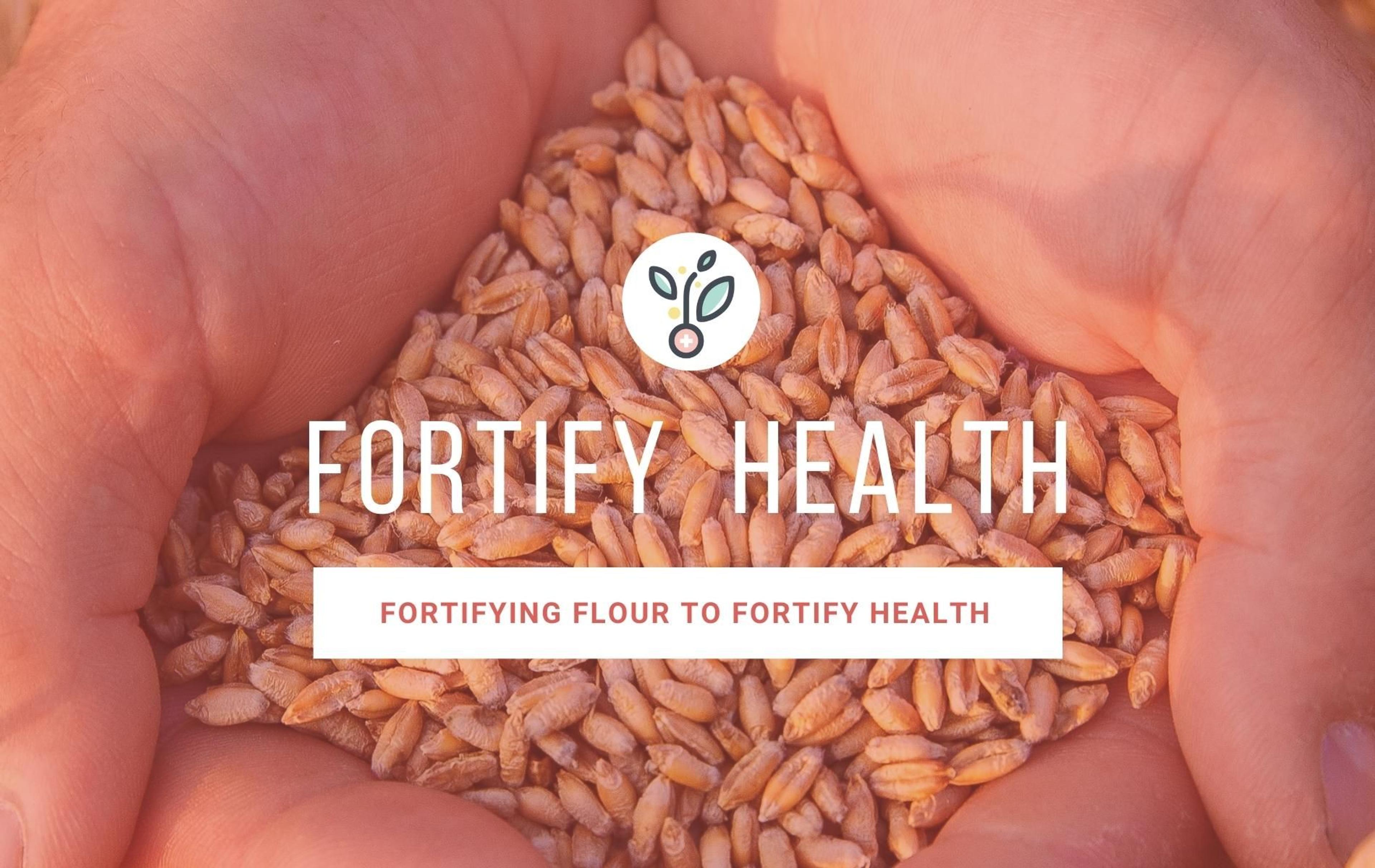Fortify Health aims to prevent and reduce anaemia at scale in India by fortifying wheat flour with iron.

What problem is Fortify Health working on?
Micronutrient malnutrition, also known as hidden hunger, affects more than 340 million children under five globally — delaying their growth, weakening their immune systems, and impairing their brain development.
Iron deficiency anaemia and neural tube defects are two widespread, preventable health conditions caused by deficiencies of essential micronutrients. Poverty predisposes people to these conditions for a variety of reasons, including inadequate nutrition, weak health systems, infectious and parasitic disease, and limited access to fortified foods.
Across India, 38.3% of the population suffers from iron deficiency anaemia (compared to 2.3% in the US), and nearly 100,000 children are thought to be born with neural tube defects each year in India.
What does Fortify Health do?
Fortify Health's mission is to improve public health in India through fortification of staple foods — with the specific goal of reducing the incidence of anaemia and prevent the population-scale consequences of anaemia by fortifying wheat flour with iron. Fortification of staple foods is an evidence-based way to improve nutritional status at population scale due its cost-effectiveness, ease of implementation through the private sector, limited requirement for behaviour change, and easier uptake of nutrients compared to supplementation.
Fortify Health supports millers and state governments in India to introduce wheat flour that has been fortified with iron, folic acid, and vitamin B12 into the open market and government safety net schemes. It aims to reach at least 4.5 million people by 2025.
Fortify Health’s work is primarily focused in Madhya Pradesh, Maharashtra, West Bengal, and it plans to soon expand to Hyderabad.
GiveWell has directed three incubation grants to Fortify Health since 2018. GiveWell’s most recent evaluation was completed in December 2021.
At Giving What We Can, we focus on the effectiveness of an organisation's work -- what the organisation is actually doing and whether their programs are making a big difference. Some others in the charity recommendation space focus instead on the ratio of admin costs to program spending, part of what we’ve termed the “overhead myth.” See why overhead isn’t the full story and learn more about our approach to charity evaluation.